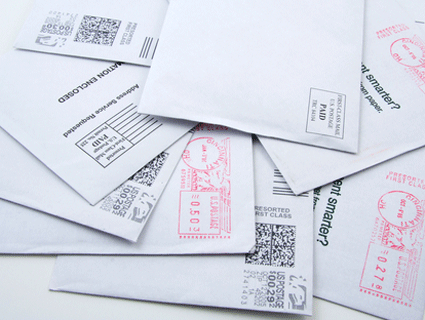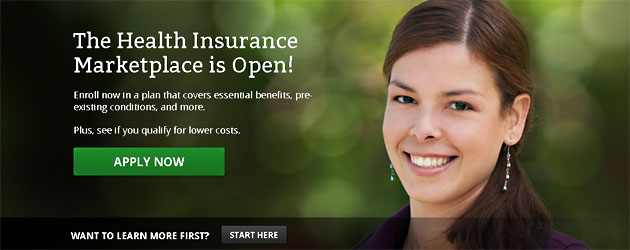
<a href="http://www.shutterstock.com/pic-1411598/stock-photo-multiple-pre-sorted-first-class-us-mail-envelopes.html?src=84tgwPjdHXDG9CPXAgO56w-1-57">Al Rublinetsky</a>Shutterstock
Direct mail is a staple of dying print magazines and donation-seeking nonprofits. Such campaigns generally rely on sending enormous quantities of junk mail in the hopes of getting maybe a 3 percent return on the effort. So when the Arkansas Department of Human Services recently sent out 132,000 one-page letters to uninsured, low-income folks in the state offering them free health insurance through Arkansas’s new privatized Medicaid program (a red-state version of expanding Medicaid under the Affordable Care Act), tea partiers in the legislature derided the effort as a waste of time and money.
But as a sign of how desperate people are for affordable health care, the department ended up getting more than 55,000 responses to the snail-mail campaign—an unheard of 40 percent return. The Arkansas Times reported that not only did all those people want to enroll in the health care plan, but the outreach effort identified more than 2,500 kids who were eligible for traditional Medicaid but weren’t enrolled. They are now signed up.
The state is fortunate that direct mail is working out so well, as other efforts to let people know about their new health insurance options are being sabotaged by Tea Party GOP state legislators. Backed by the Koch-funded Americans for Prosperity, these elected officials are still trying to prevent the state’s human services department from using $4.5 million in federal funds to advertise the offerings of Arkansas’s new insurance exchange, where starting this week, people can sign up for subsidized private health plans.
AFP, whose affiliate has been buying creepy ads telling young people not to get health insurance, has been lobbying hard to keep the state from advertising the new insurance offerings available under the Affordable Care Act, complaining mightily that “Arkansans are being forced to pay for advertising that tries to convince the state to give-in-to Obamacare.” They fret that the federal funds will pay for ads in such places as—gasp!—the Arkansas Times and generate irritating pop-up ads on social media, search engines, and sites like Pandora radio. But pop-up ads can’t hold a candle to the irritations of being uninsured. It’s clear that, as the direct mail effort proved, AFP is mostly afraid that once people know they can get insurance, they’re going to take it, and happily.

















